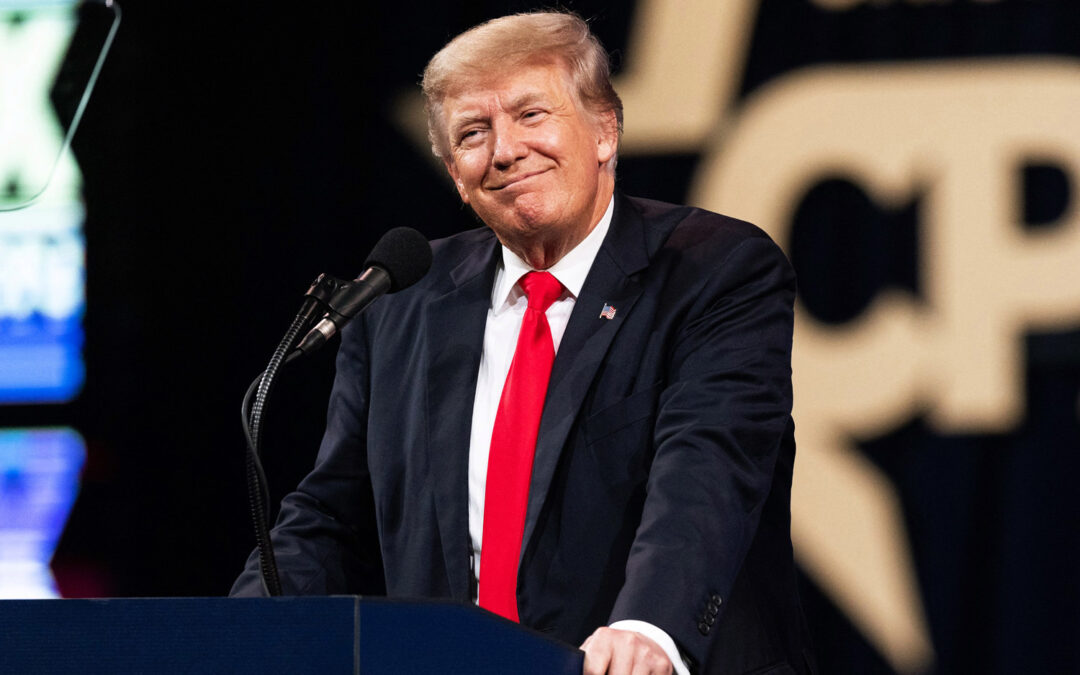Private equity executives and lobbyists recently told the Financial Times that they are prepared to “hit the ground running” and enter the retirement fund market when former President Donald Trump returns to office on January 20.
The majority of retirement plans have no exposure to private equity. Only a small fraction includes any type of alternative investments. Even among the largest retirement plans, fewer than 1% incorporate private equity into custom target-date strategies.
Under the Biden administration, the Department of Labor clarified that it did not support the inclusion of private equity in most retirement plans, particularly as a standalone investment option for employees.
Carol Buckmann, founder and partner at law firm Cohen & Buckmann, said that there are many issues relating to the Employee Retirement Income Security Act. More specifically, these issues would have to be “carefully addressed” by any “plan fiduciary that wants to make private equity available.”
Moreover, she noted that private equity investments can be challenging to value. They are also less liquid than publicly traded securities commonly found in traditional mutual funds. In addition, participant education is a concern. Some retirement fund investors might allocate a significant portion of their assets to private equity through self-directed brokerage accounts if given the opportunity.
Private equity firms have long targeted defined-contribution plans due to their vast market potential, but progress has been slow. The heavily regulated space deters plan sponsors. This is because they are cautious about legal risks and potential negative impacts on participants. Buckmann suggests that “a statutory change would be the best thing.”
Source: Investment News
Can’t stop reading? Read more
Top private equity news of the week
Top private equity news of the week General Atlantic is exploring a potential US listing of Joe...
KKR backs beauty in €327m move for Perrigo’s dermacosmetics brands
KKR backs beauty in €327m move for Perrigo’s dermacosmetics brands KKR has signed a definitive...
INVL Baltic Sea Growth Fund acquires Romania’s Pehart Group from Abris Capital
INVL Baltic Sea Growth Fund acquires Romania’s Pehart Group from Abris Capital INVL Baltic Sea...




